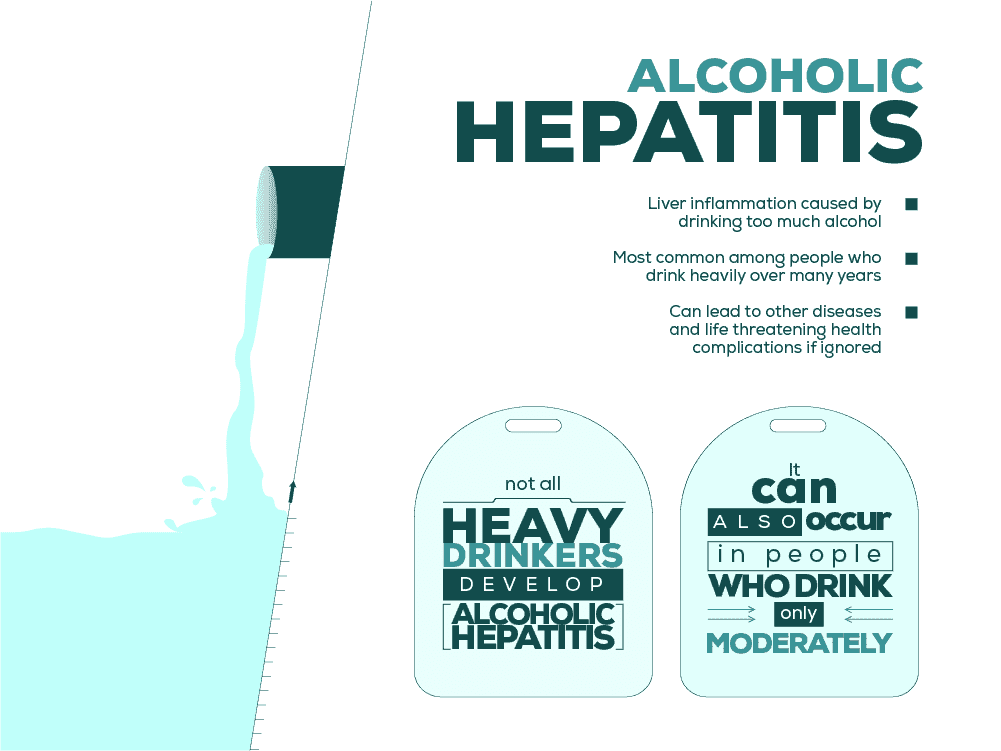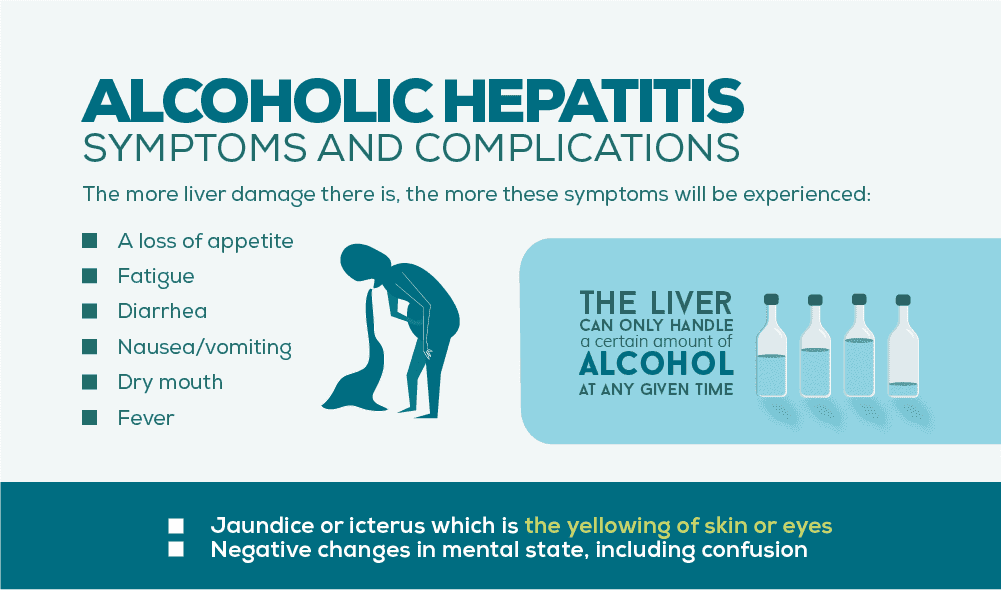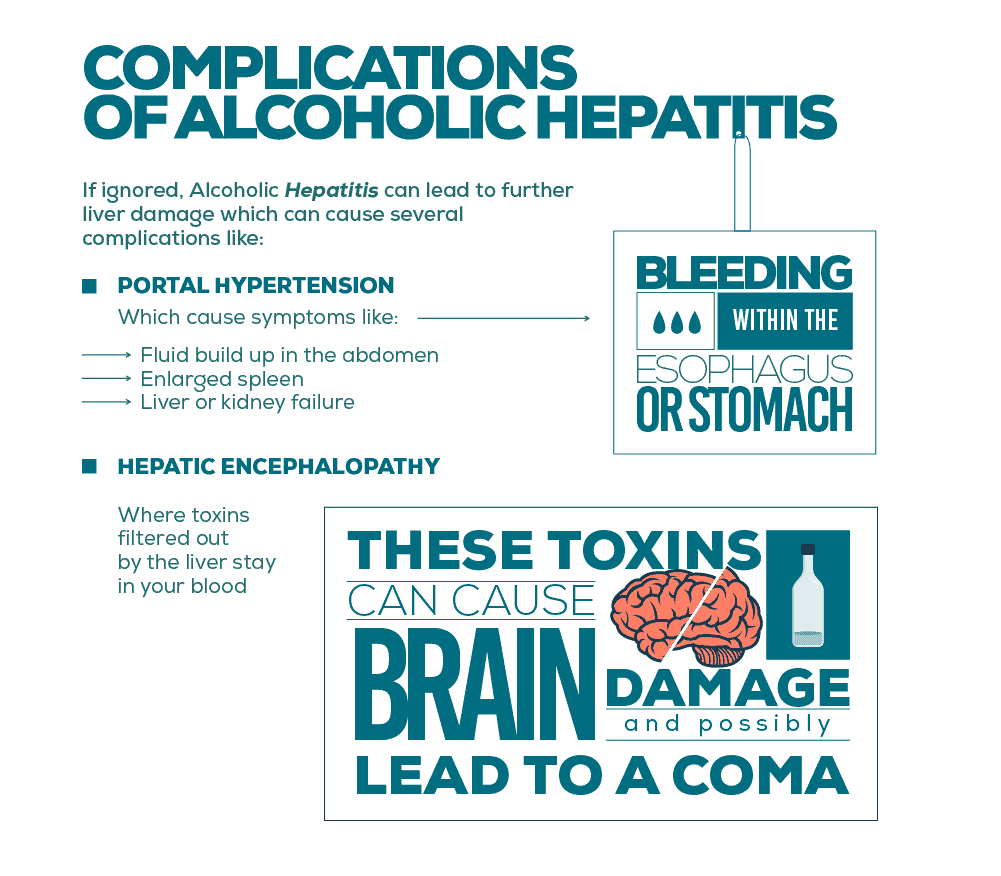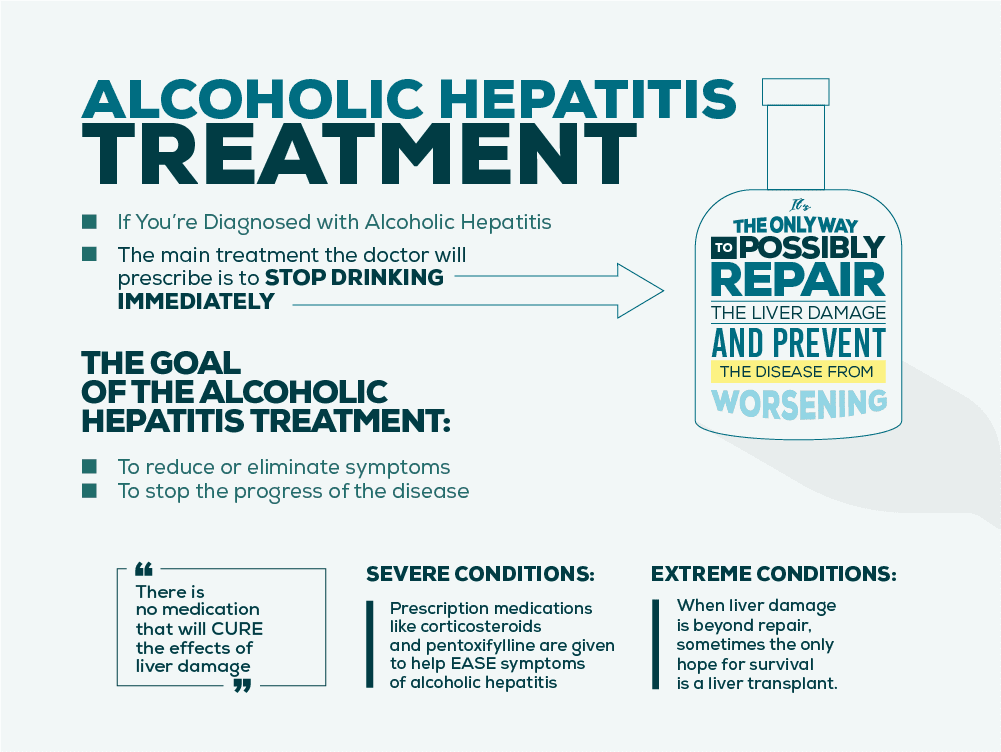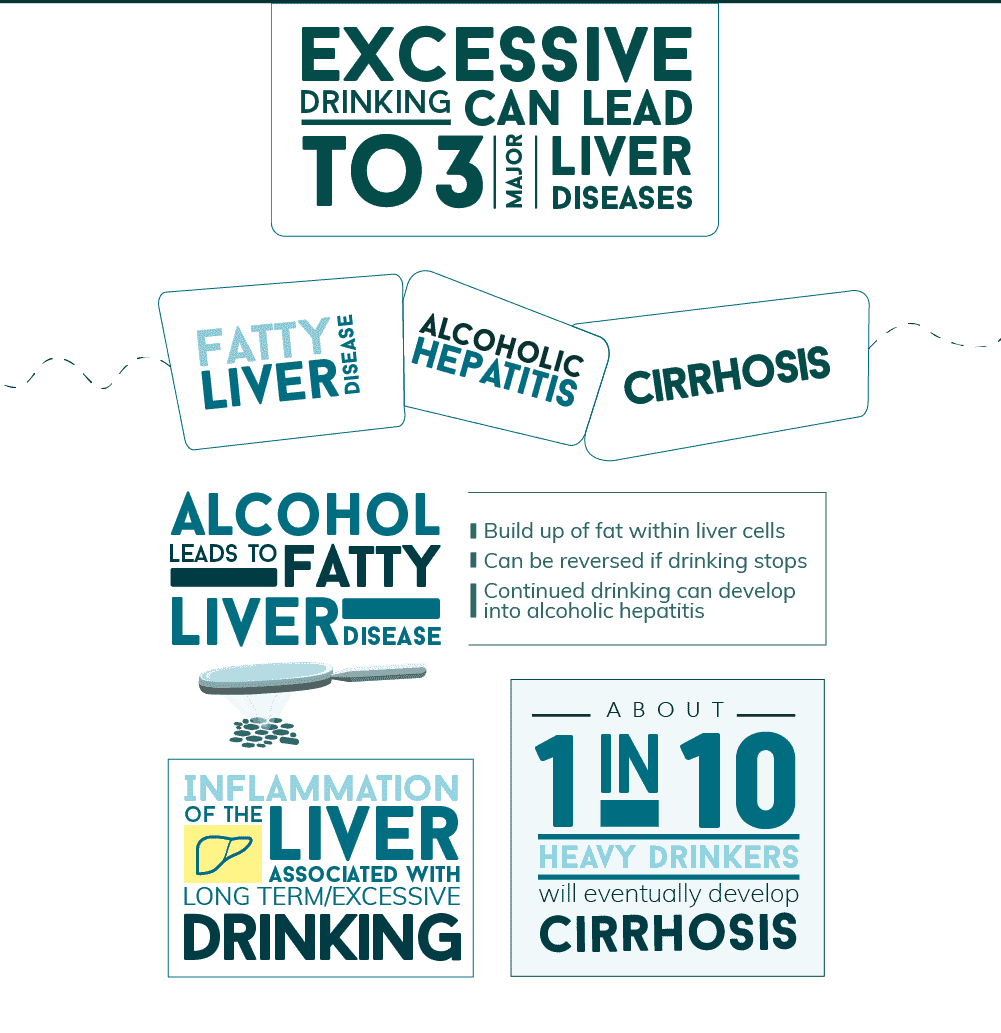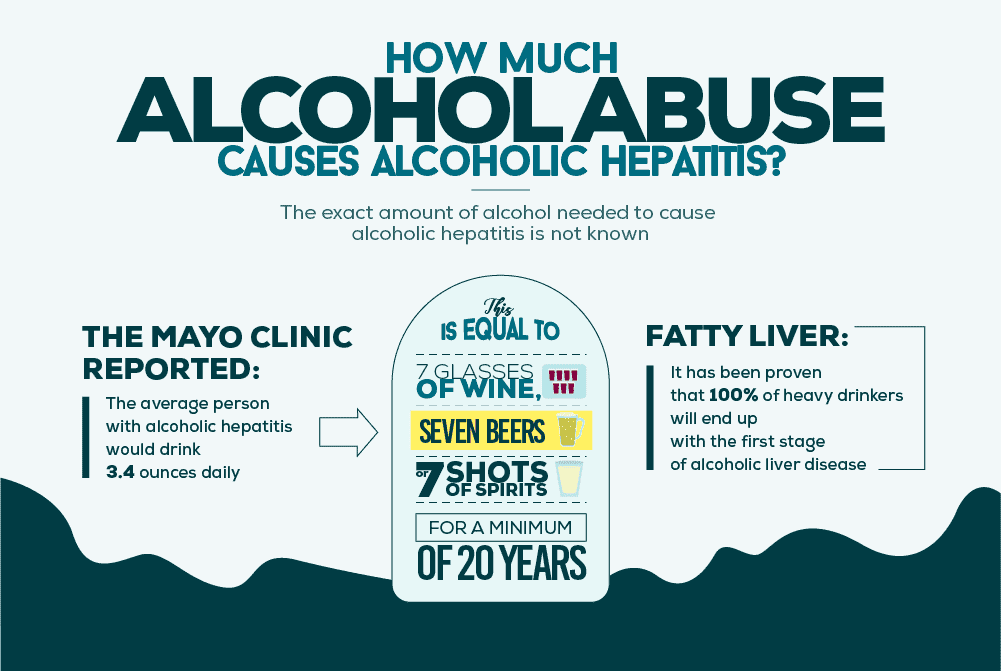Long-term excessive drinking is hard on a person’s body and mind. It can be physically and mentally demanding, often causing disruptions in daily life and breakdowns across different body systems. Over time, diseases like fatty liver disease, cirrhosis, and alcoholic hepatitis can cause severe damage and land people in the hospital. Stopping drinking early can be the key to breaking the addiction cycle and avoiding long-term complications.
Are you struggling to stop drinking? Doing so on your own can seem impossible and can even be dangerous without supervision. At Northpoint Recovery, our team of medical professionals and recovery specialists can help you stop drinking and learn the skills needed to succeed in sobriety. Call 888.296.8976 today to get started in an alcohol addiction treatment program.
What Is Alcoholic Hepatitis?
Alcoholic hepatitis is a serious inflammation of the liver that can be caused by long-term excessive drinking. The liver is a vital organ that detoxifies the blood, stores nutrients, and produces enzymes and hormones essential to digestion. When the liver becomes damaged, it loses its ability to function properly.
Alcoholic Hepatitis Risk Factors
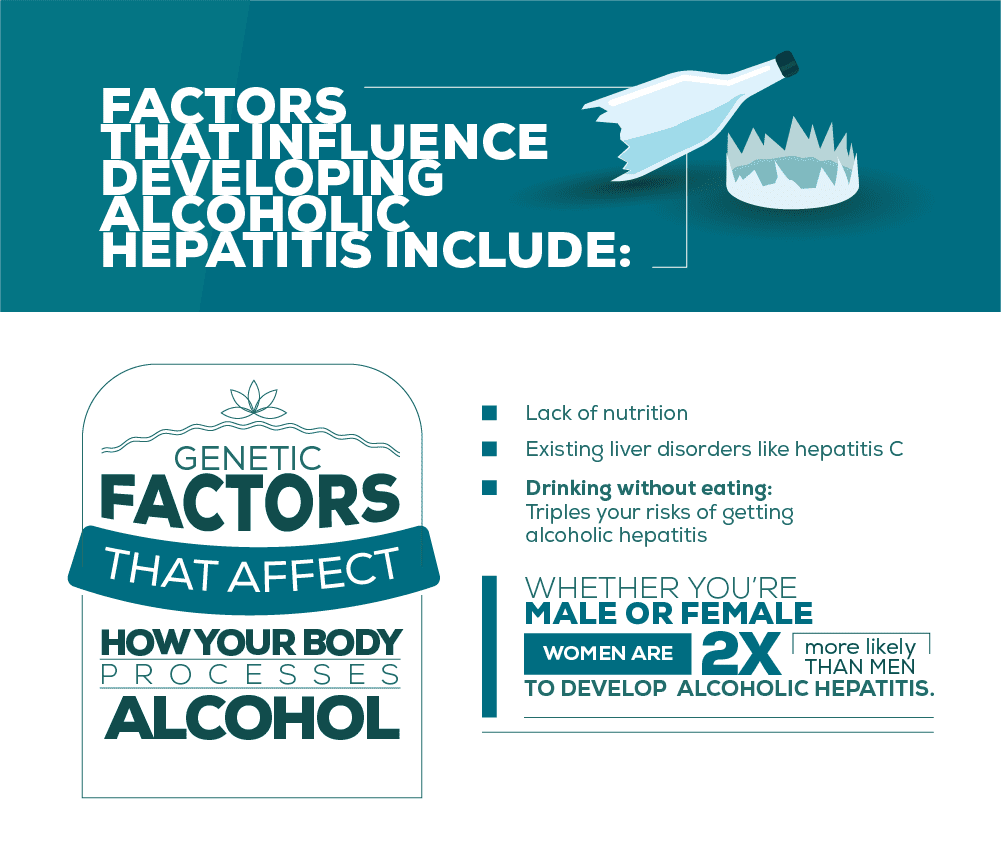
Several risk factors can contribute to the development of alcoholic hepatitis, including:
- Drinking large amounts of alcohol over a long period
- Having a history of heavy drinking
- Drinking hard liquor instead of beer or wine
- Having other medical conditions that put a strain on the liver, such as obesity, viral hepatitis, or diabetes
- Genetic factors that make the liver more susceptible to damage
Symptoms of Alcoholic Hepatitis
The symptoms of alcoholic hepatitis can range from mild to severe and may include:
- Abdominal pain
- Nausea and vomiting
- Loss of appetite
- Weight loss
- Fatigue
- Fever
- Yellowing of the skin or whites of the eyes (jaundice)
- Brownish urine
- Confusion or mental changes
- Swelling of the abdomen from fluid buildup
- Spider-like blood vessels on the skin
- Easy bruising or bleeding
- Hepatic encephalopathy (a brain disorder that can cause confusion, sleepiness, and coma)
Complications of Alcoholic Hepatitis
Alcoholic hepatitis can lead to several serious complications, including:
- Liver failure
- Kidney failure
- Infection
- Fluid buildup in the abdomen (ascites)
- Hepatic encephalopathy
- Cancer
- Death
Alcoholic Hepatitis Treatment
There is no specific medical treatment for alcoholic hepatitis. The goal of treatment is to reduce liver inflammation and help the liver heal. Treatment may also involve managing complications and supporting the person through recovery.
Treatment options for alcoholic hepatitis include:
- Abstaining from alcohol
- Nutritional support
- Medications
- Intravenous fluids
- Blood transfusions
- Liver transplant in severe cases
Recovery from alcoholic hepatitis requires long-term lifestyle changes. Quitting drinking is essential to recovery and preventing further liver damage. Treatment may also involve therapy, support groups, and other lifestyle changes to support sobriety.
The Risks of Excessive Drinking
Excessive drinking can lead to a number of health problems in addition to alcoholic hepatitis, including liver damage, heart disease, and brain damage. It can also increase your risk of certain cancers. If you’re struggling with alcohol abuse, get help before it’s too late.
How Much Alcohol Leads to Alcoholic Hepatitis?
There is no safe level of drinking when it comes to alcoholic hepatitis. The risk of developing the condition increases with the amount of alcohol you consume and the length of time you’ve been drinking. If you think you may have a problem with alcohol, it’s important to seek help as soon as possible.
Prolonged drinking greatly increases your risk of liver diseases and alcoholic hepatitis. The sooner you break the cycle of addiction, the sooner your body can try to heal the damage that has been done.
Learn to Stop Drinking with Northpoint Recovery
If you’re struggling with alcohol abuse, Northpoint Recovery can help. We offer a variety of programs and services designed to help you overcome addiction and get on the path to recovery. We also offer several resources to help you stay on track, including:
- Detox programs
- Inpatient programs
- Sober living
- Individual therapy
- Group therapy
- Family therapy
- Holistic services
To learn more about our programs and how we can help you, contact us today by calling 888.296.8976. We’re here to help you get on the road to recovery.

